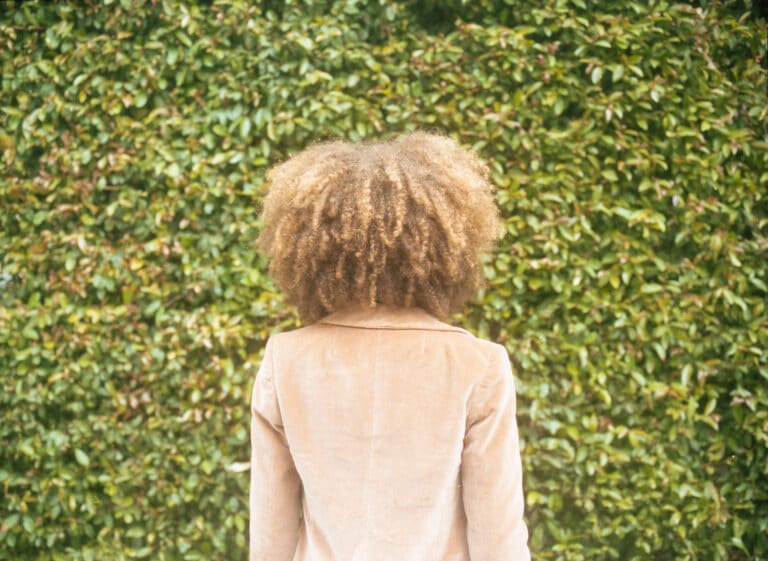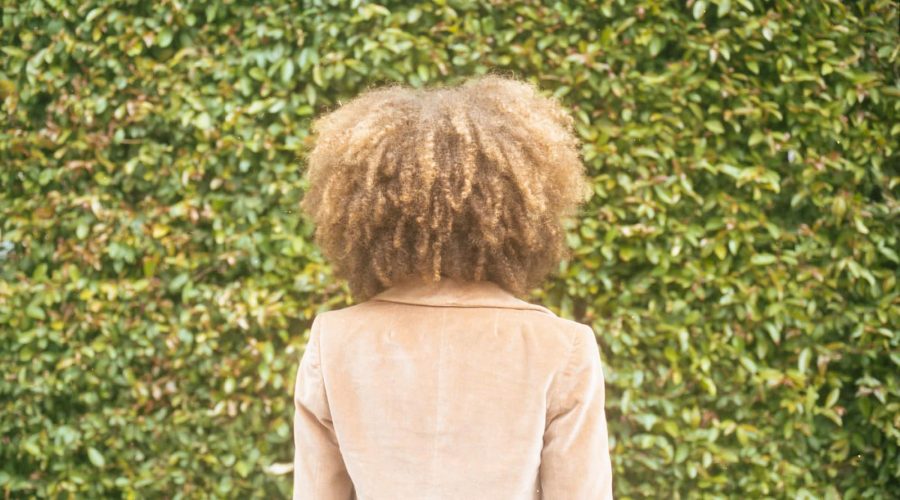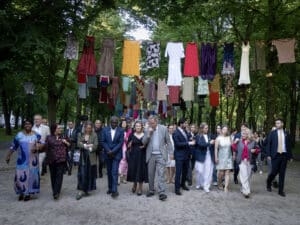The question I have been asking myself lately is ‘I am being a good friend?’ especially in regard to my female friends. As one of the relationships I cherish the most in my life is sisterhood. When I think of sisterhood, I think of laughter, flowing conversations, comfortable silences and holding space for each other. Being understood in a world that often decides to misunderstand Black women, these connections hold immense value – and I’m probably not alone in that. As we navigate the complexities of intersectionality—the intertwining of gender, race, ethnicity, and more—it’s crucial to prioritize self-care and understanding in our relationships.
The definition by the Center for Intersectional Justice of intersectionality is the following, “The concept of intersectionality describes the ways in which systems of inequality based on gender, race, ethnicity, sexual orientation, gender identity, disability, class and other forms of discrimination “intersect” to create unique dynamics and effects.”
Strong black women
Black Women tend to be seen as the ‘strong’ one, that can handle anything and are supposed to be the backbone of the community. The conversation by many Black Women no longer wanting to be (seen as) strong is one that has been going on for a while now. But I catch myself falling back into the belief that we can do it all and asking for help almost feels like a sign of weakness.
Unlearning what we have been taught and seen around us, I find, is a big challenging. But as I read books as ‘Rest is Resistance: A Manifesto’ by Tricia Hersey, I am finding hope that I believed was lost. Hersey writes about radical communal care and personal liberation; this is very far removed from the idea of being strong and constantly having to provide. But to lay down more, to trust our bodies more, to not fall for the ways of capitalism. In these words, I found that by taking better care of my body, soul and mind, by slowing down, I can see more clearly and show up better for myself and the people I love. Representation matters. From social media and the people around me, softness seems to be something that is being embraced more. Getting rid of the idea of having to be a ‘strong Black Woman’ is important to let others in. Sisterhood has helped me in this.
Understanding Love & Apology Languages
In building meaningful relationships, it’s essential to understand and communicate effectively. Sometimes we look at things from our own view and wants. For instance, if you are watching a movie with someone, this could be seen for you as quality time, but if the other person doesn’t see it this way, there is a disconnect. Love Languages, popularized by Gary Chapman’s “The 5 Love Languages,” offer insights into how individuals express and receive love. Similarly, but probably less familiar, Apology Languages, as detailed in Chapman and Jennifer Thomas’s work, shed light on how we seek forgiveness and resolution in conflicts:
1. Expressing regret
This can be described as using ‘I’ language to express how you have impacted the other. For example, “I am sorry, I feel awful for upsetting you”. Making clear that you understand and regret the sadness you caused.
2. Accepting responsibility
If this is the apology language you like to receive, you like to hear exactly what action it is they are sorry for. This could be something like, “I am sorry for not showing up at the event you hosted”.
3. Making restitution
As the name suggests, in this language you need to be compensated for in some way or form. This could be something like, “I am sorry for not showing up last night, I have cleared my schedule for next Friday. I’ll we be there for your next event.”
4. Genuinely repent
In this apology language you would like to hear the other person say that they are sorry and can see the situation from your point of view.
5. Requesting forgiveness
If you really value hearing the words ‘Can you forgive me?’ this is probably you Apology language. This creates a bit of space and time to think about potential forgiveness. It can show that the person apologizing is willing to wait.
The type of apology you want, or need can depend on the situation, it is not necessary to only have one you prefer. By aligning with these languages, we foster empathy and strengthen our bonds of sisterhood.
Shoot your shot: Seize opportunity for connection
As we navigate the complexities of sisterhood, I would like to encourage us all to just shoot our shots. Dm that person you want to hang out with. Give that person at work a compliment. By embracing vulnerability, understanding love and apology languages, and seizing opportunities for connection, we cultivate strong bonds that withstand the test of time.










